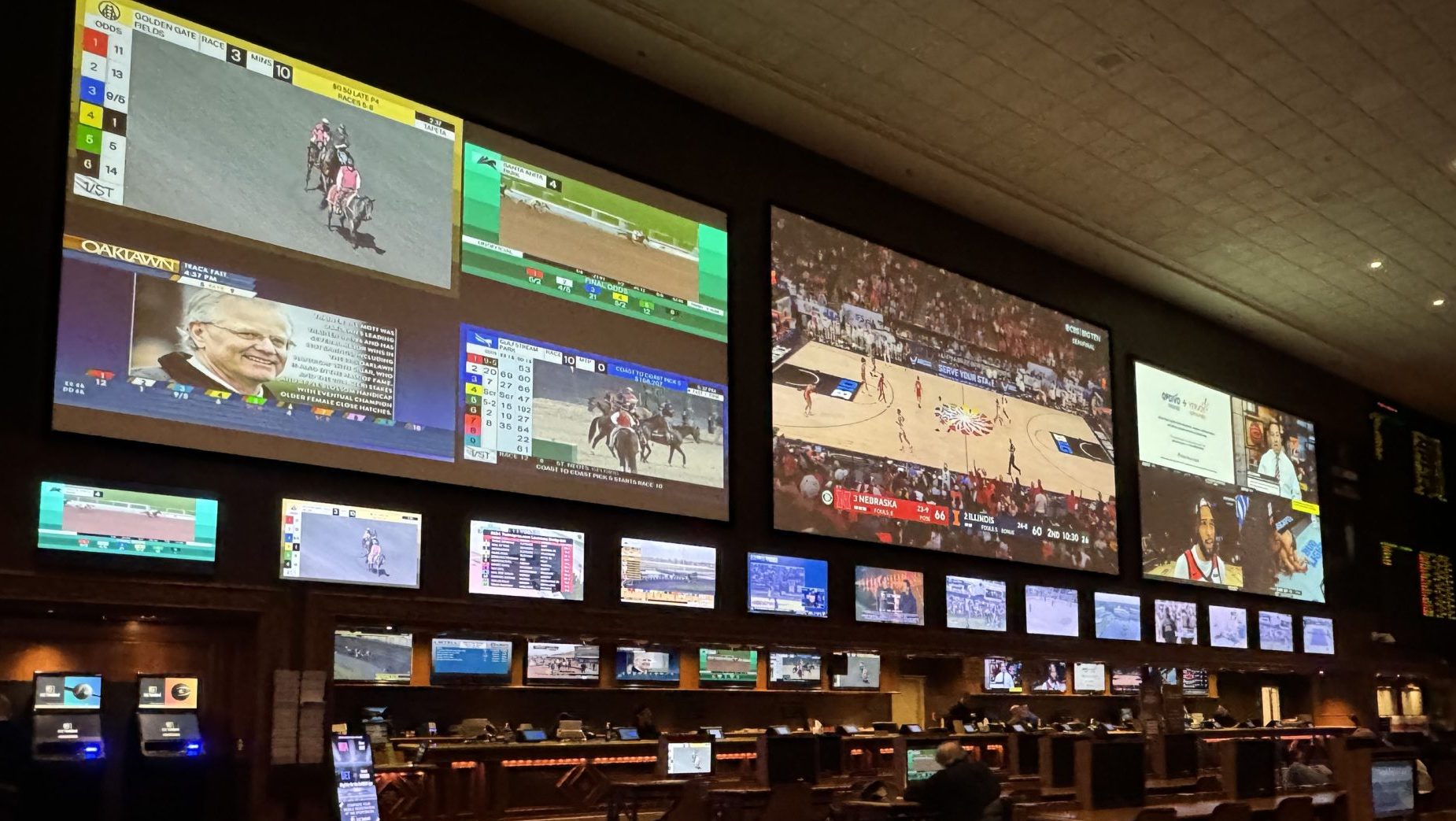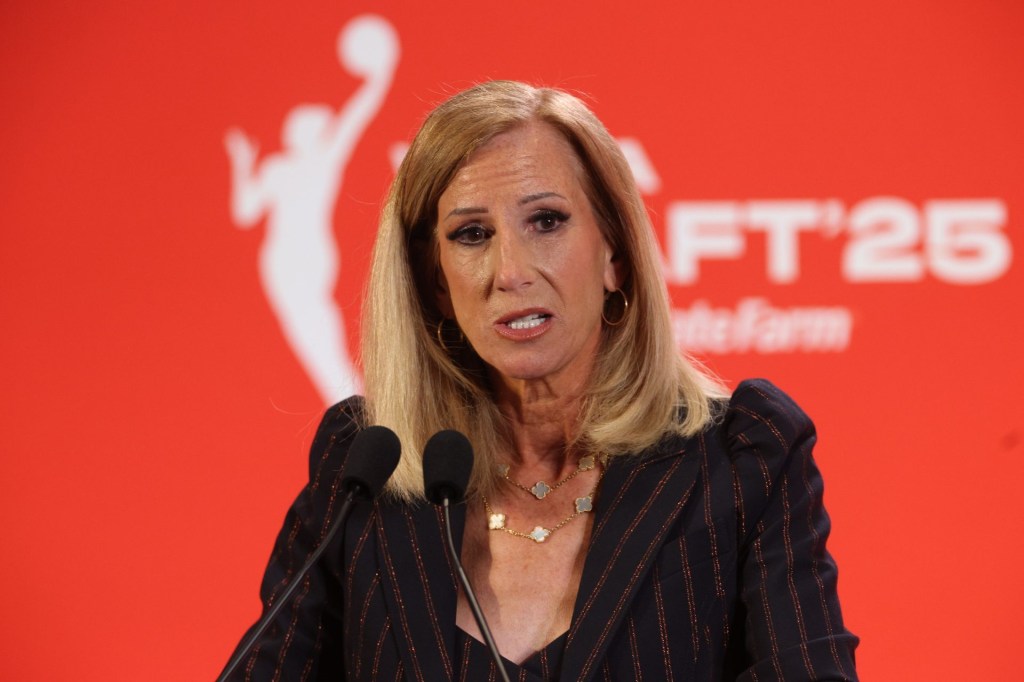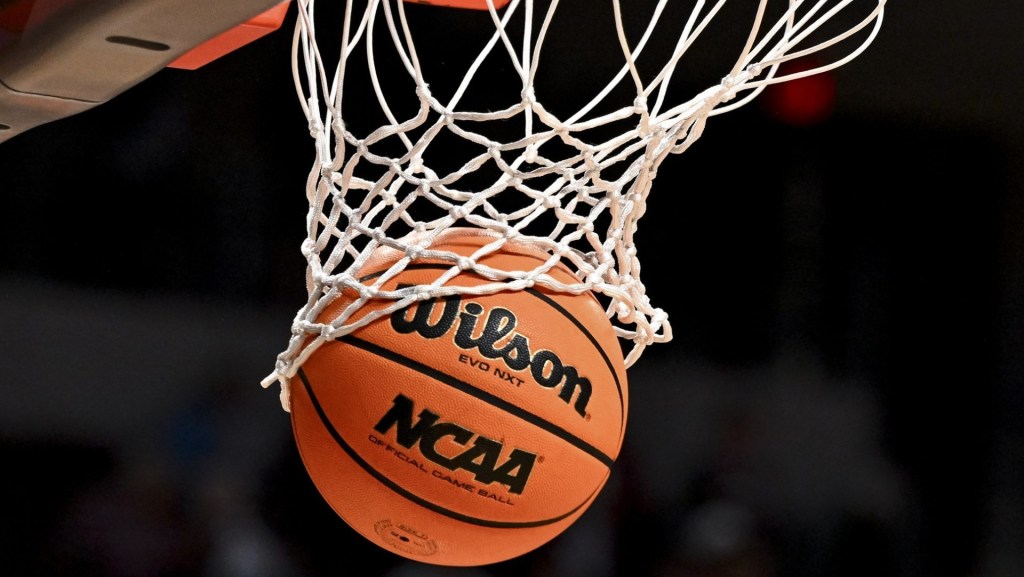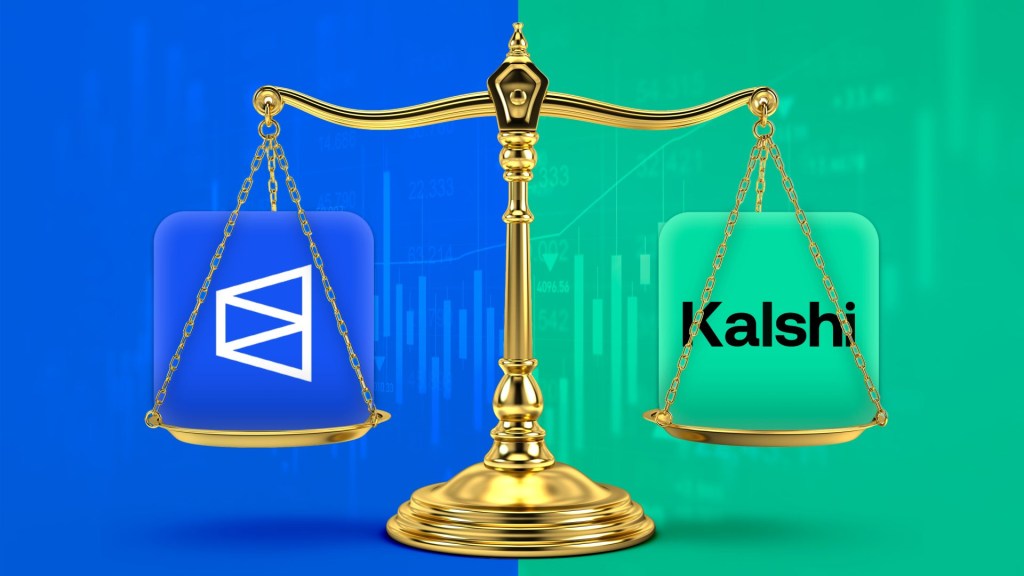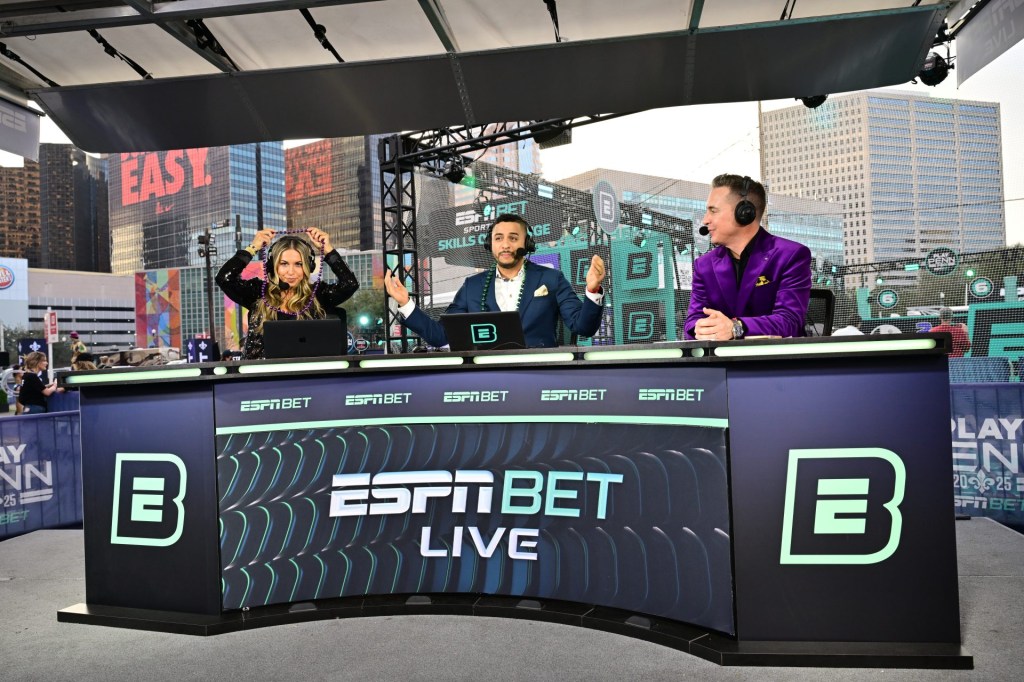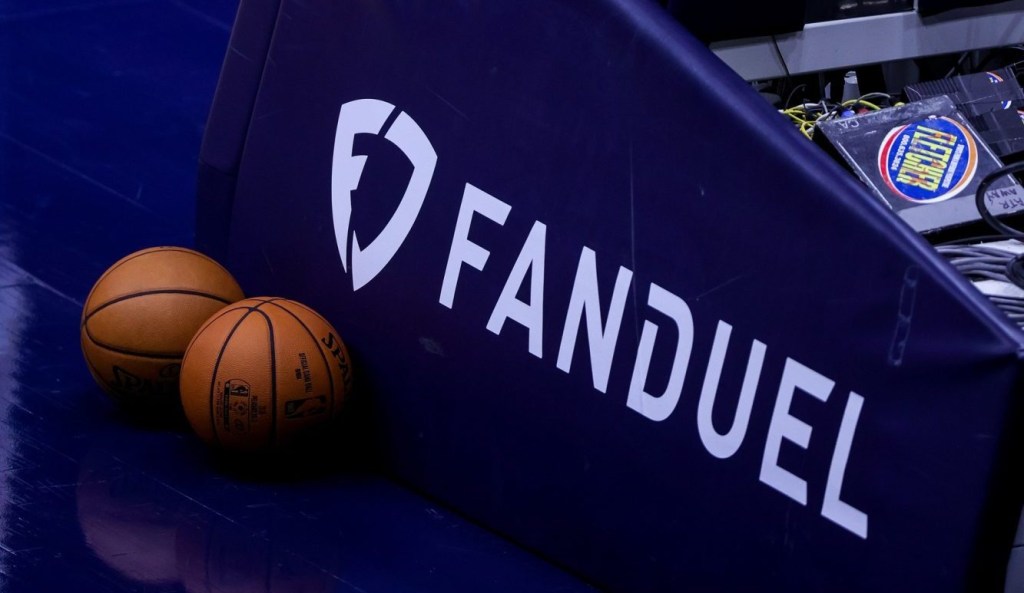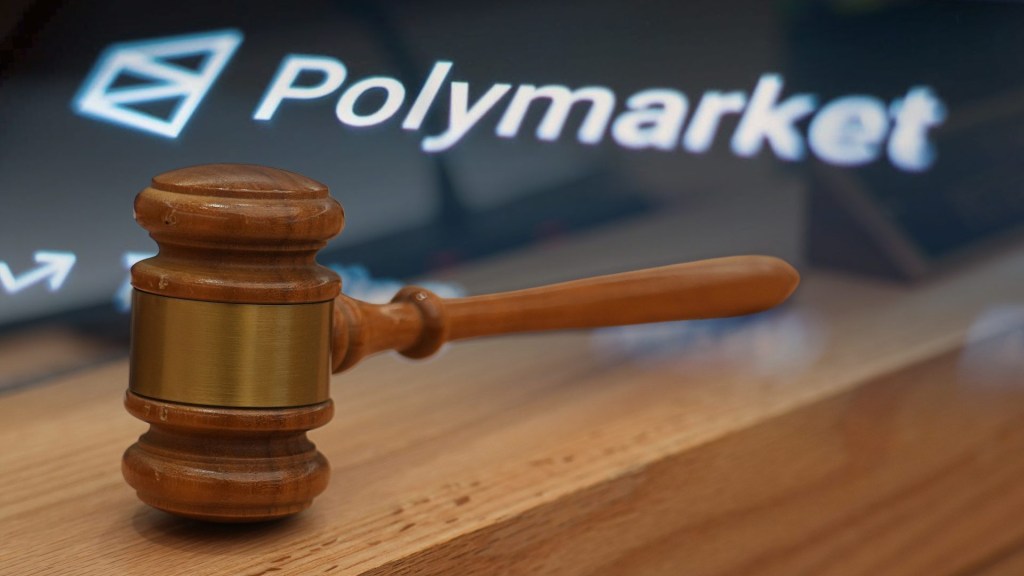In 2015, nearly a decade ago now, DraftKings and FanDuel were the biggest story in the business of sports.
I was at Fortune, where I wrote a cover story on DraftKings CEO Jason Robins, then I went to Yahoo Finance in 2016 and continued to cover the beat. Every week there was an update to the saga. First they spent eye-popping amounts of marketing money to flood television and radio airwaves with their ads and promo codes; then came scandal when a DraftKings employee won $350,000 in a FanDuel fantasy contest; then New York’s attorney general sued the two companies, accusing them of being illegal gambling operators and part of a “multibillion-dollar scheme intended to evade the law and fleece sports fans.” Other states, including Florida and Texas, followed suit.
In May 2018, the U.S. Supreme Court struck down the Professional and Amateur Sports Protection Act (PASPA), the federal ban on sports betting everywhere but Nevada. It was like the heavens opened and shone down on DraftKings and FanDuel, which always insisted their “daily fantasy sports” (DFS) games weren’t illegal betting products, but also always planned for the day when the sports betting floodgates would open.
Now sports betting is legal in more than 30 states.
“The U.S. was always an anomaly. Every other Western country has sports betting, right, and the U.S. only had it in Nevada. It made absolutely no sense,” Nigel Eccles, the cofounder of FanDuel, told me in an interview in the FOS studio this week in New York. “No one could predict how or when it would happen, but we always sort of thought, ultimately it must happen … and if that does, then we’re in a great position.” (Still, he says, the years spent fighting those legal battles were “hellish.”)
FanDuel (founded in 2009 in Edinburgh, Scotland) and DraftKings (founded in 2012 in Boston) were so similar that in November 2016 they announced they’d merge to become one company. Less than eight months later, they scrapped the merger after it became clear antitrust regulators would frown on it.
The two companies took very different paths from there: In 2018, FanDuel sold to Irish bookmaker Paddy Power Betfair. In 2020, DraftKings went public via a $3.3 billion SPAC merger. (Eccles, long gone from FanDuel and now running a crypto casino called BetHog, is still leading a group of early FanDuel employees and shareholders in suing FanDuel’s original boardmembers from KKR and Shamrock over the valuation FanDuel got in the sale to PaddyPower.)
Fast-forward to now, and you’d think a lot has changed since the days of DFS mania. But much remains the same for these two companies and their relationship to each other.
DraftKings (DKNG) boasts a $17.5 billion market cap; FanDuel parent company Flutter Entertainment (FLUT) has a $28.4 billion (GBP) market cap. The two enjoy a combined 65% market share of U.S. online gaming revenue, according to the latest report from Eilers & Krejcik Gaming. BetMGM is in distant third with 19% of revenue. In terms of handle (total dollars bet, which is not the same as revenue), DraftKings and FanDuel constantly trade the top spot each month.
It’s a duopoly. And neither company can escape the influence and shadow of the other.
Each watches the other so closely that last week, when FanDuel said it would not follow DraftKings in implementing a winner’s surcharge in high-tax states like Illinois and Vermont, DraftKings within two hours bagged its surcharge plan.
It bears mentioning that recently, DraftKings has taken hits while FanDuel is on a hot streak. In July, DraftKings abruptly shut its NFT marketplace and sold VSiN back to Musburger Media at a rumored loss from the $70 million it bought it for in 2021. This week, a Massachusetts judge declined to dismiss a class action lawsuit against DraftKings over deceptive marketing.
Both DraftKings and FanDuel have tried their own forms of original media, with limited success. They remain giants in sports media sponsorship spending. If you look at the top 10 sports podcasts as of Friday, five are sponsored by DraftKings. (Relying wholly on the marketing money funnel of betting companies does not look to me like a smart and hedged approach for media outlets, by the way.)
Other players have rushed into the sportsbook race—most notably, ESPN Bet and Fanatics Sportsbook. When I ask people in the industry how big the new entrants can get, they laugh. Most challengers won’t survive, or certainly won’t touch the two elephants in the room. They were once disruptors, now the dominant giants in their market, and for my money, DraftKings and FanDuel are still as interesting to watch now as they’ve ever been.
